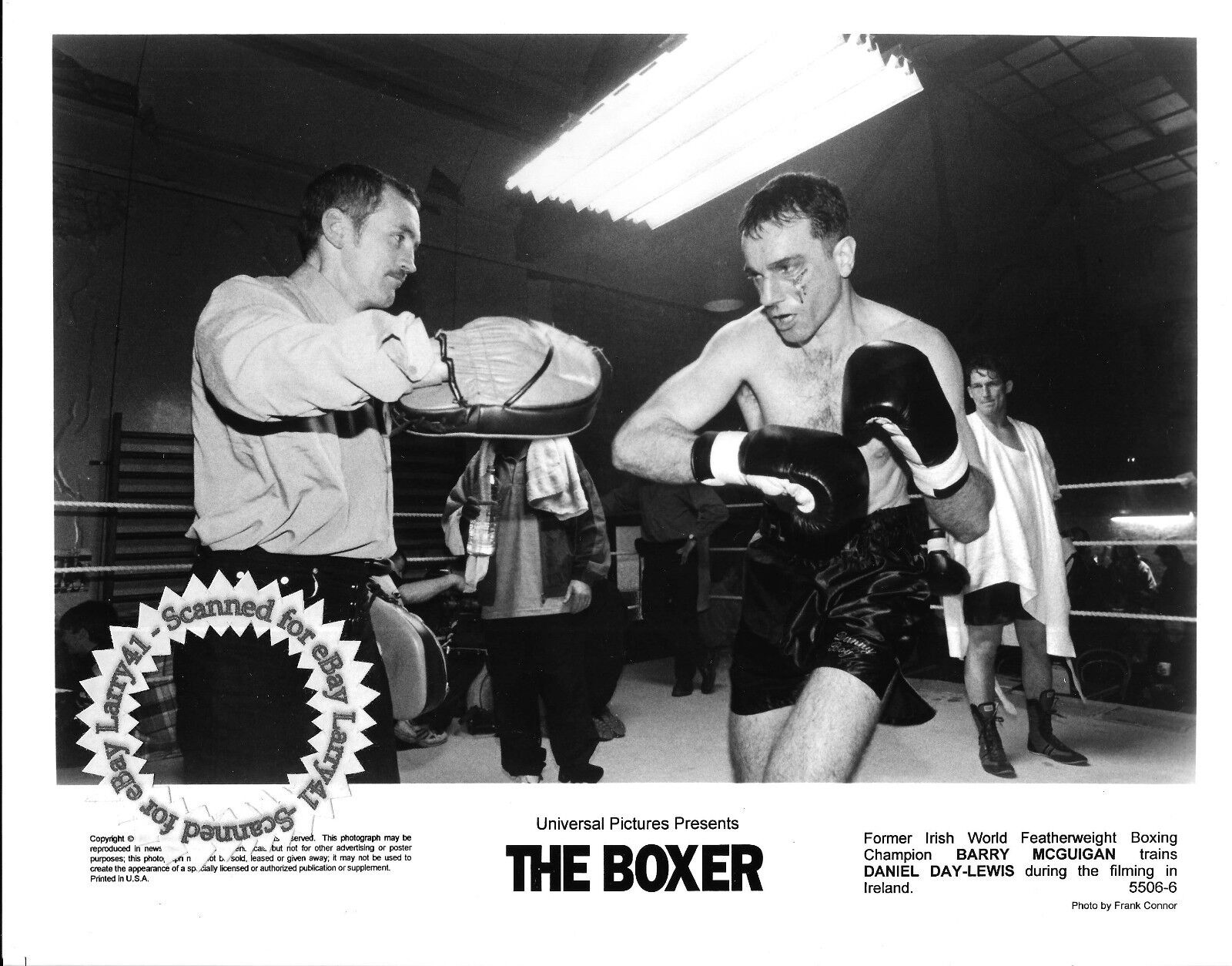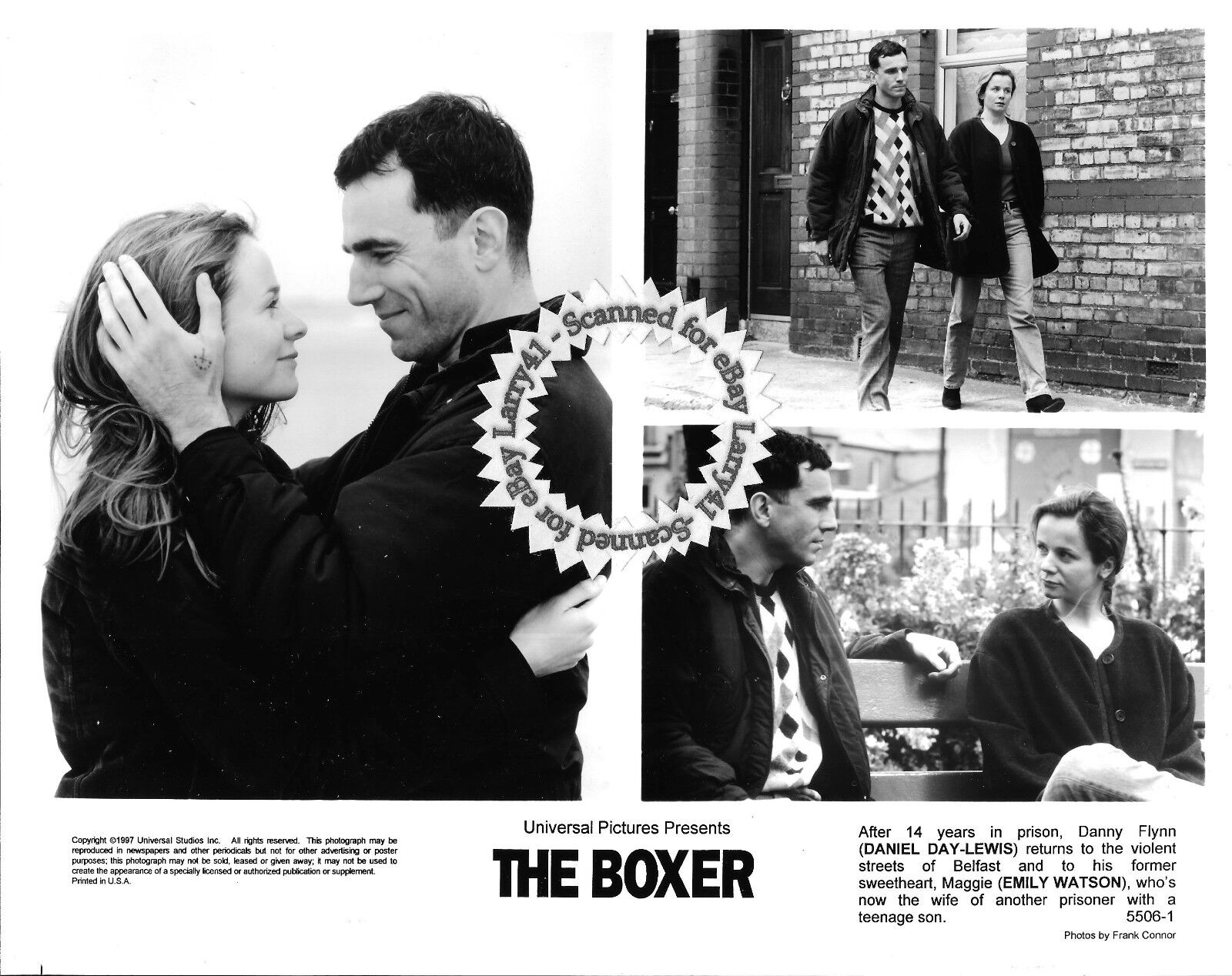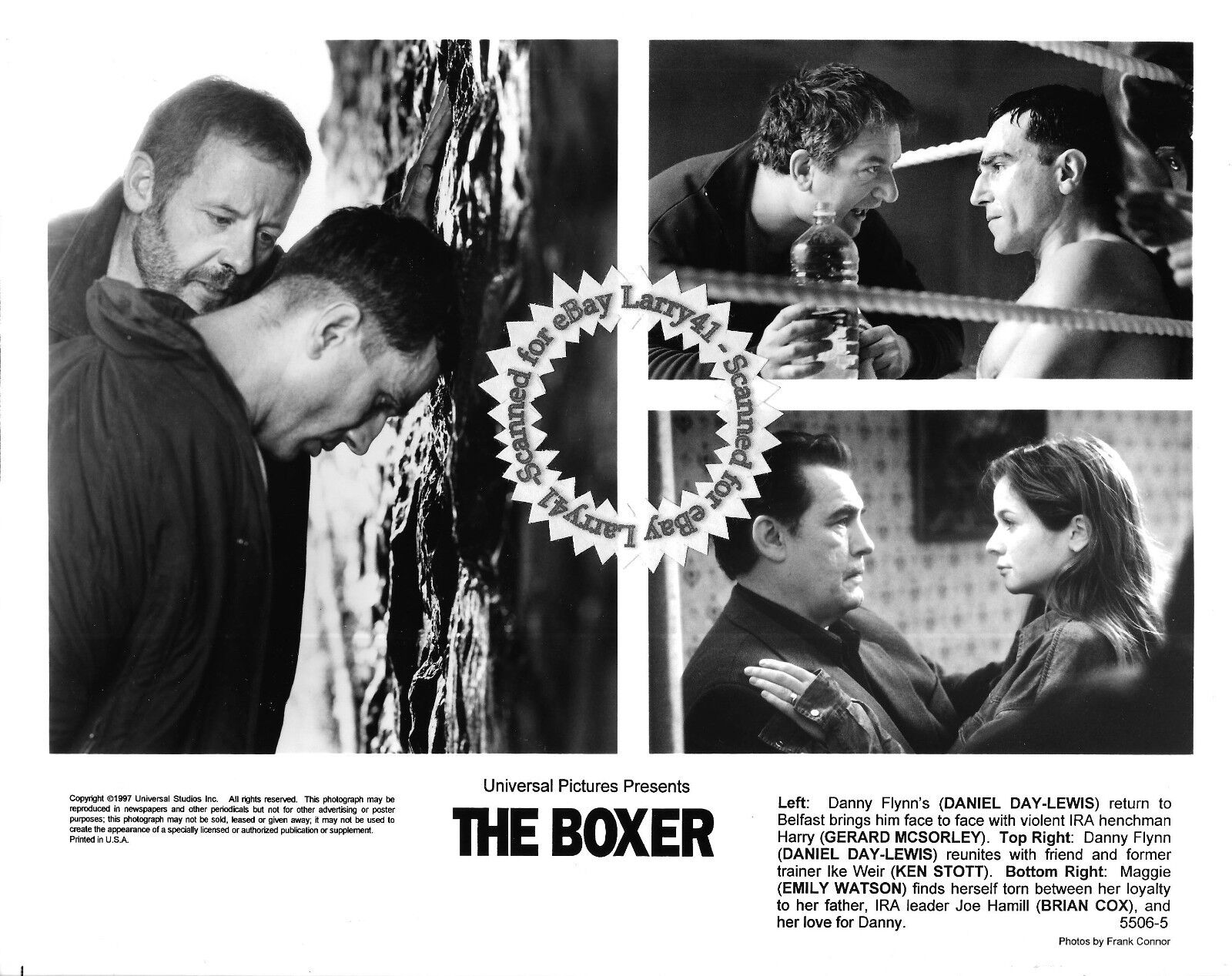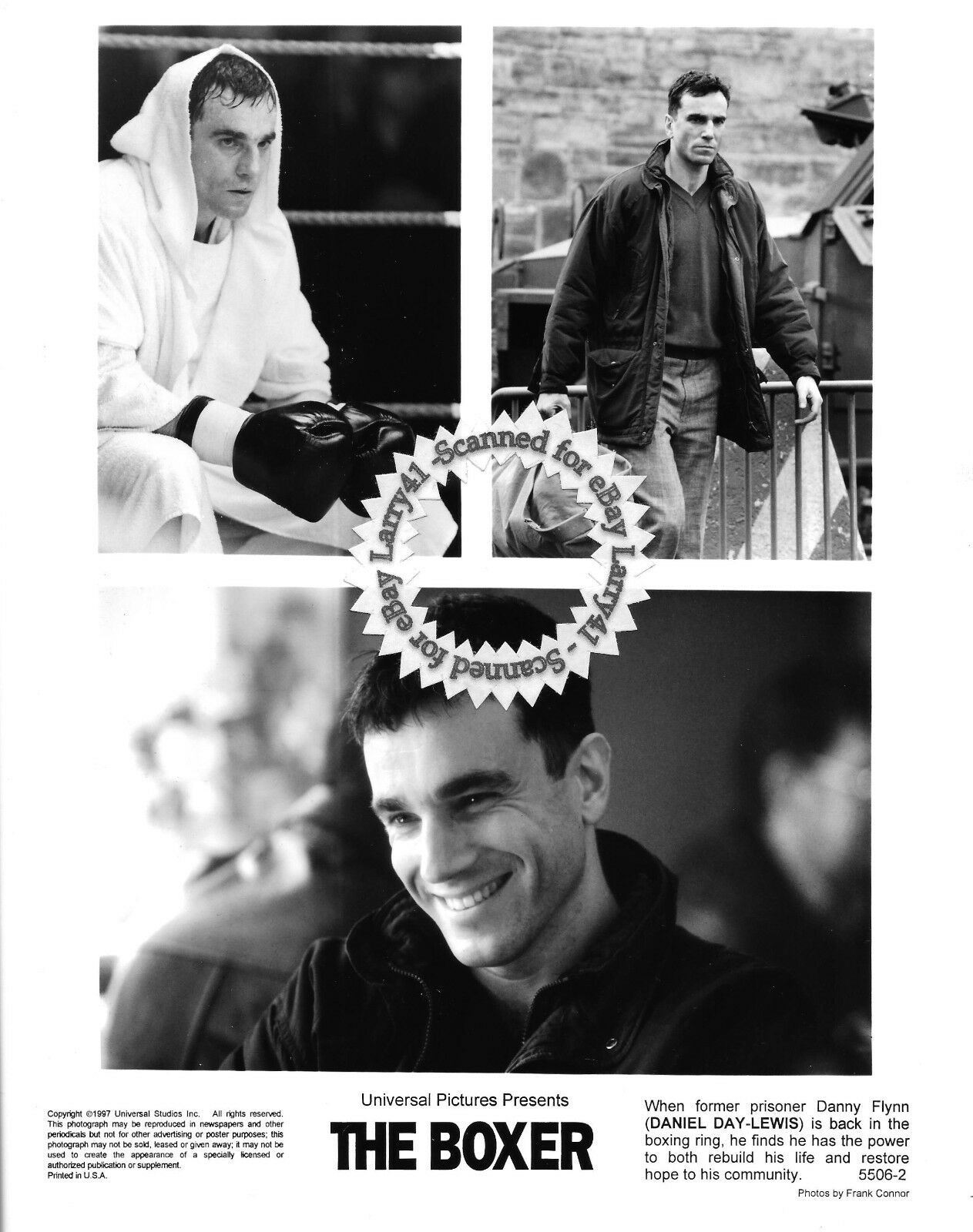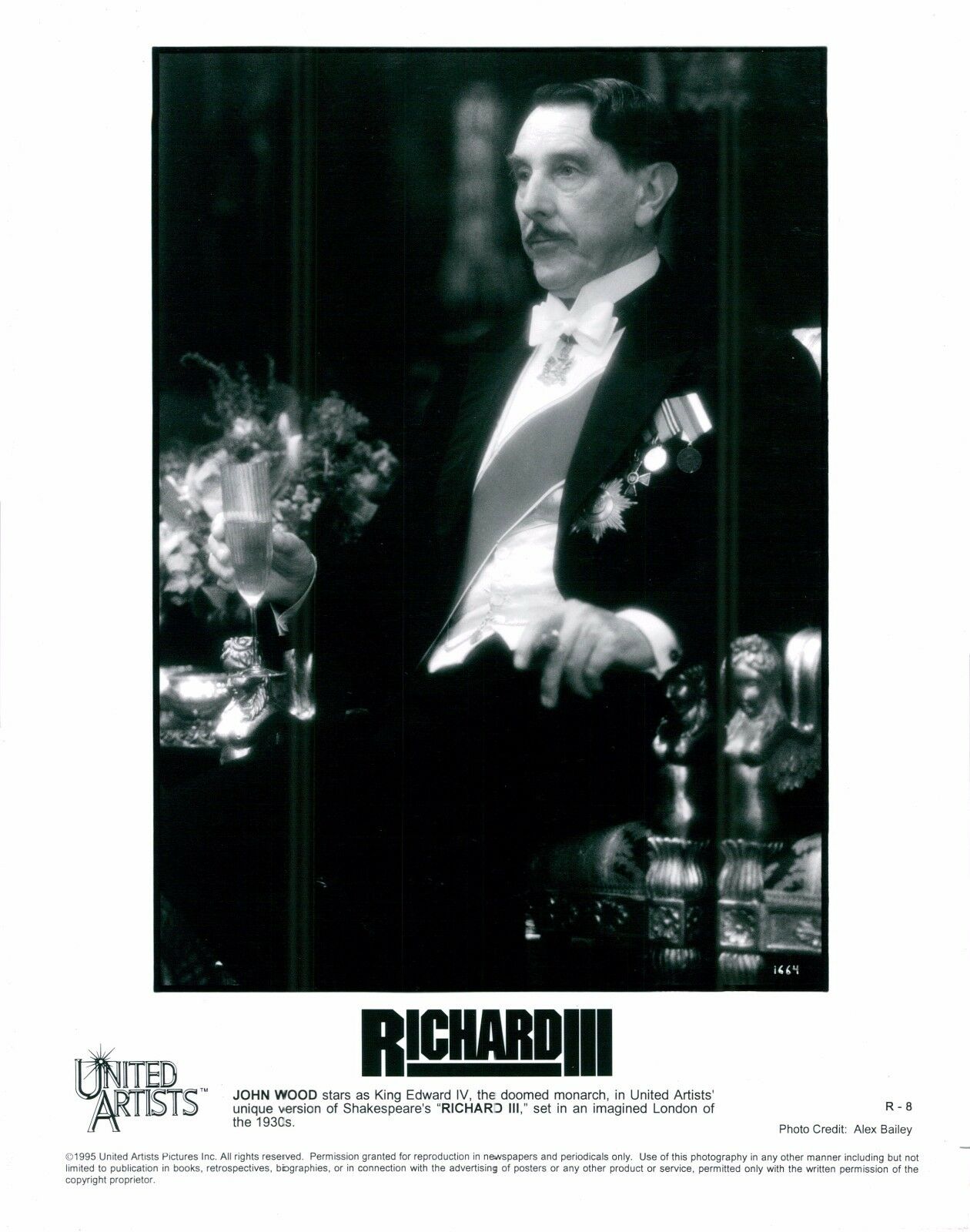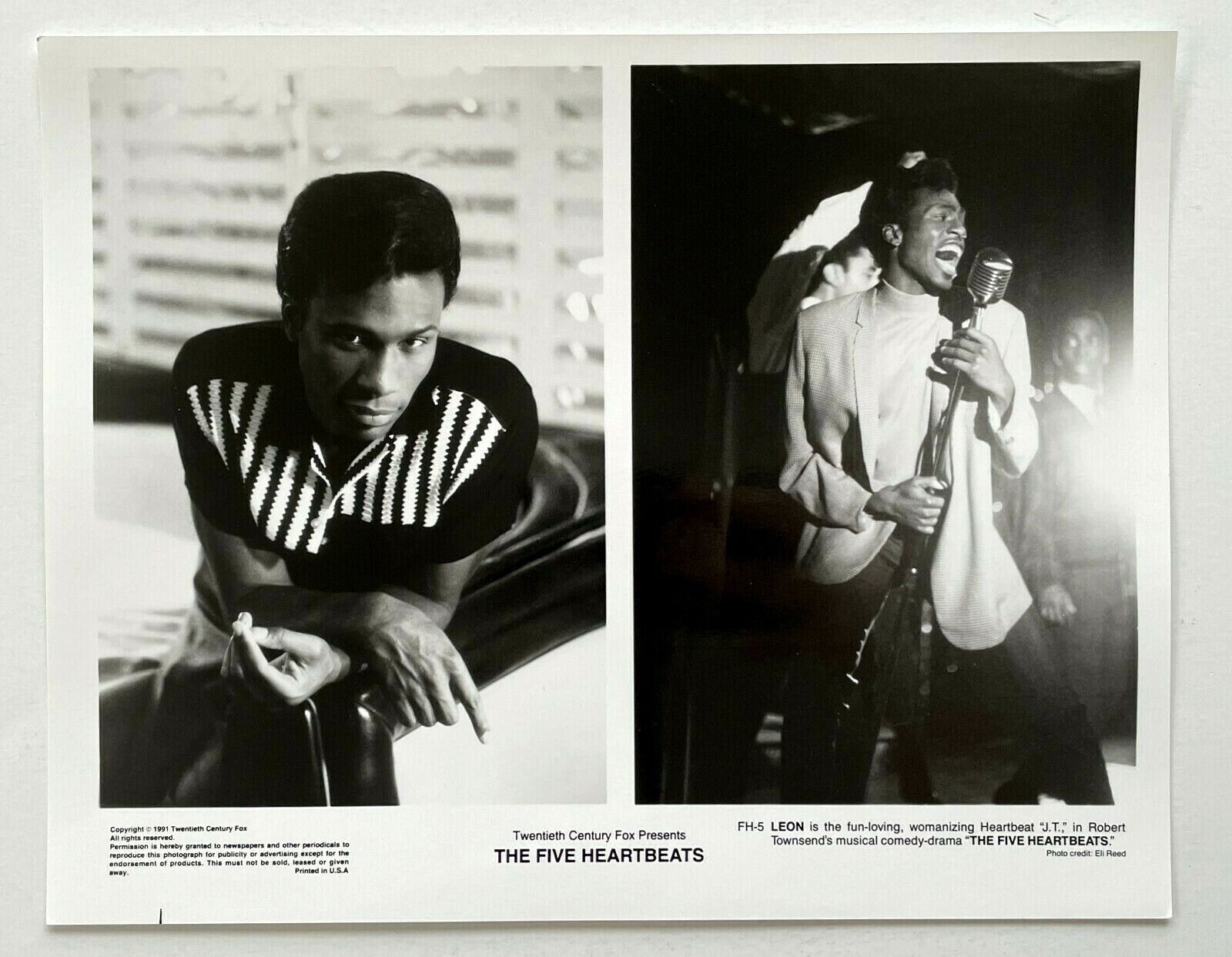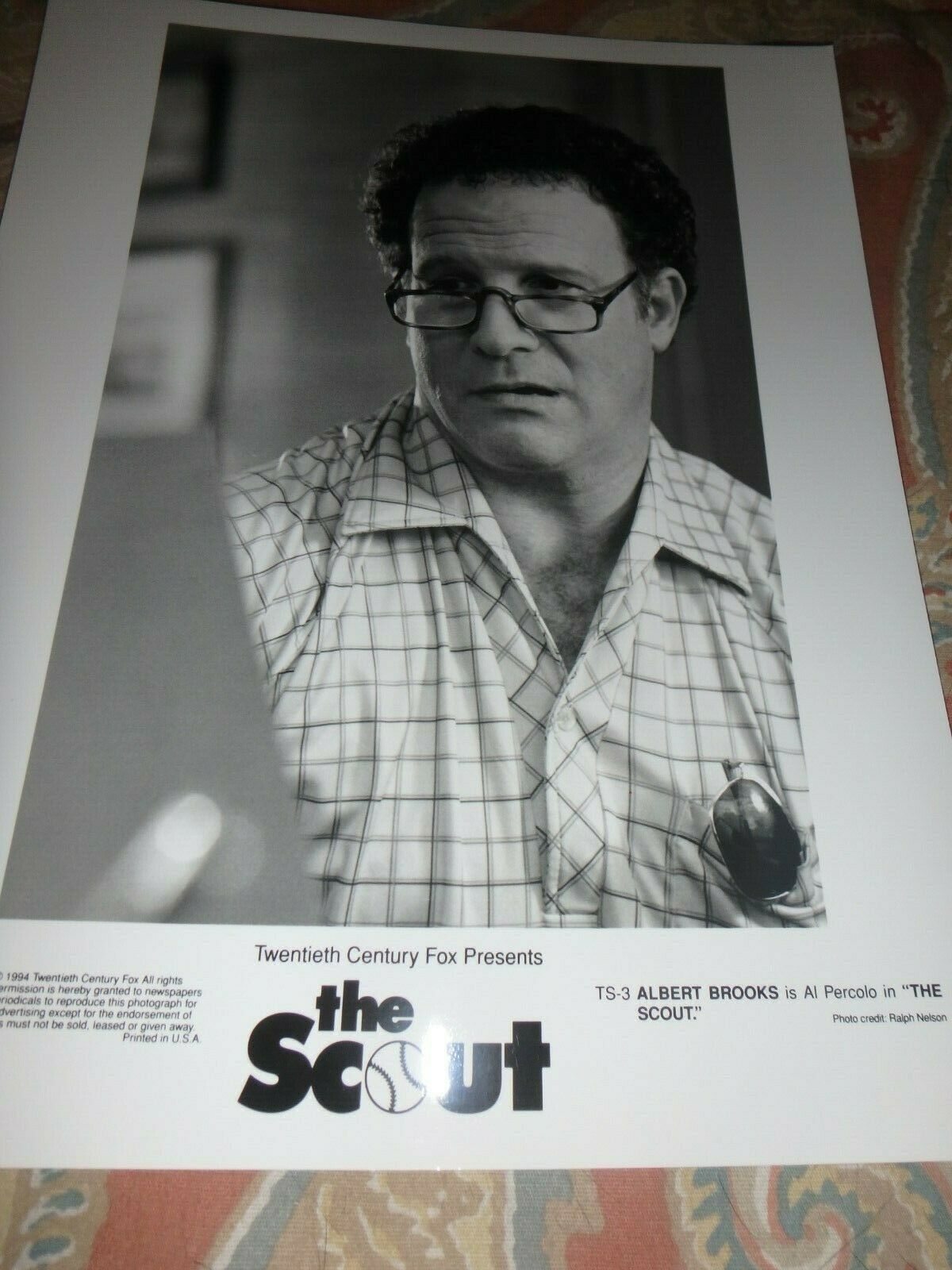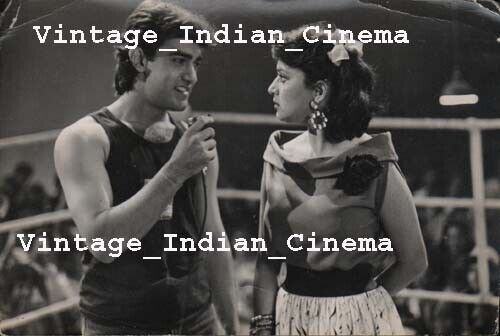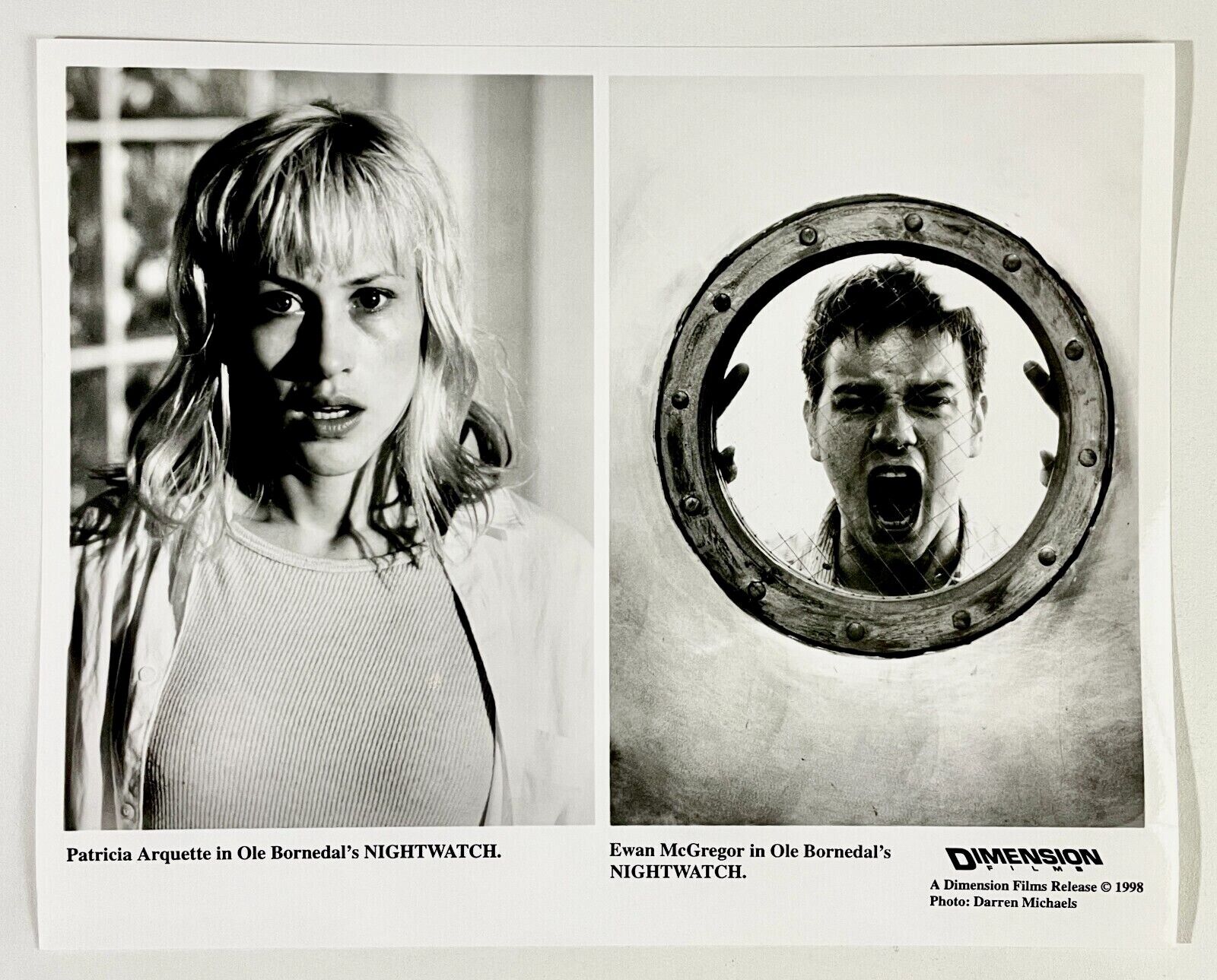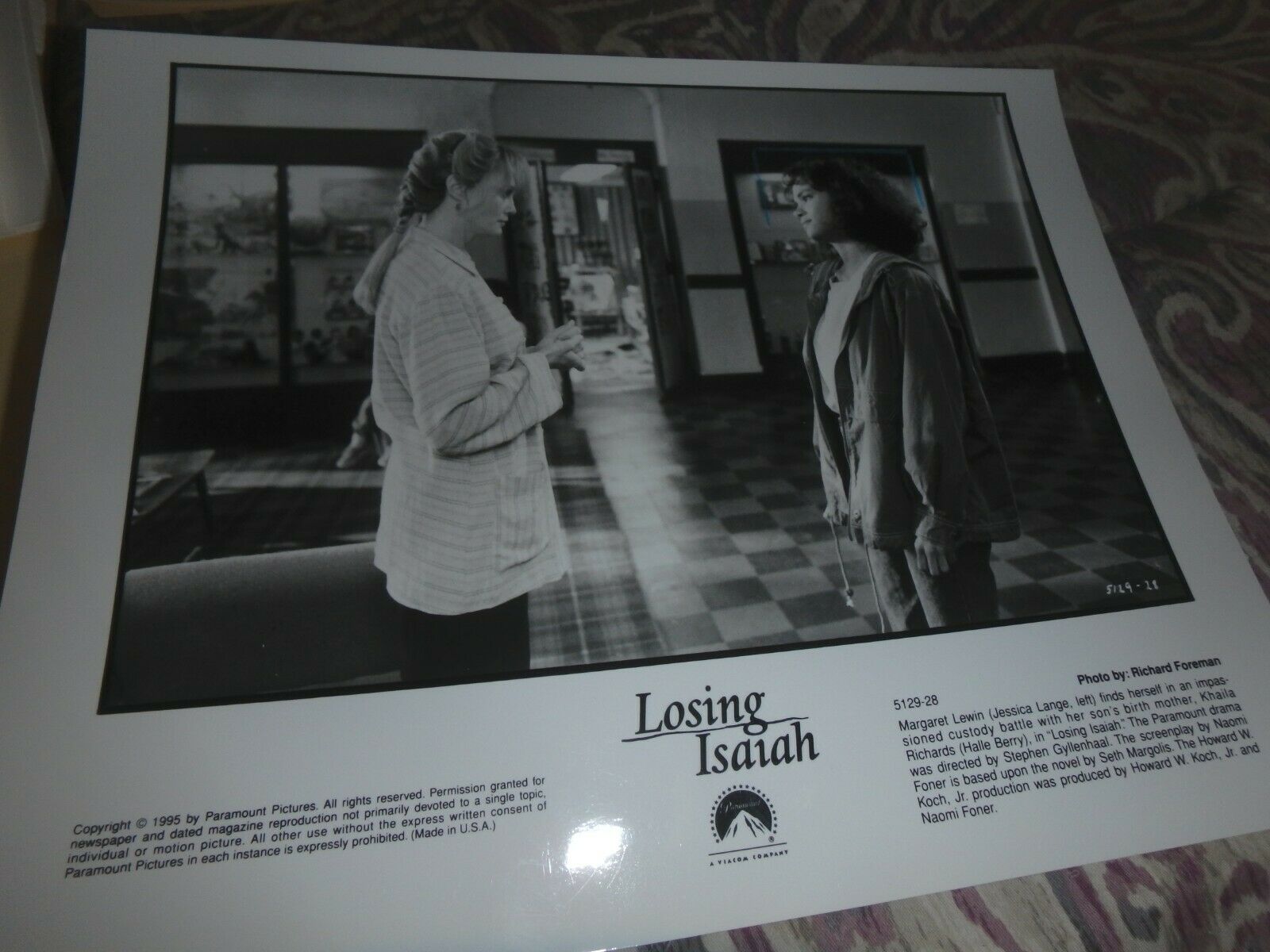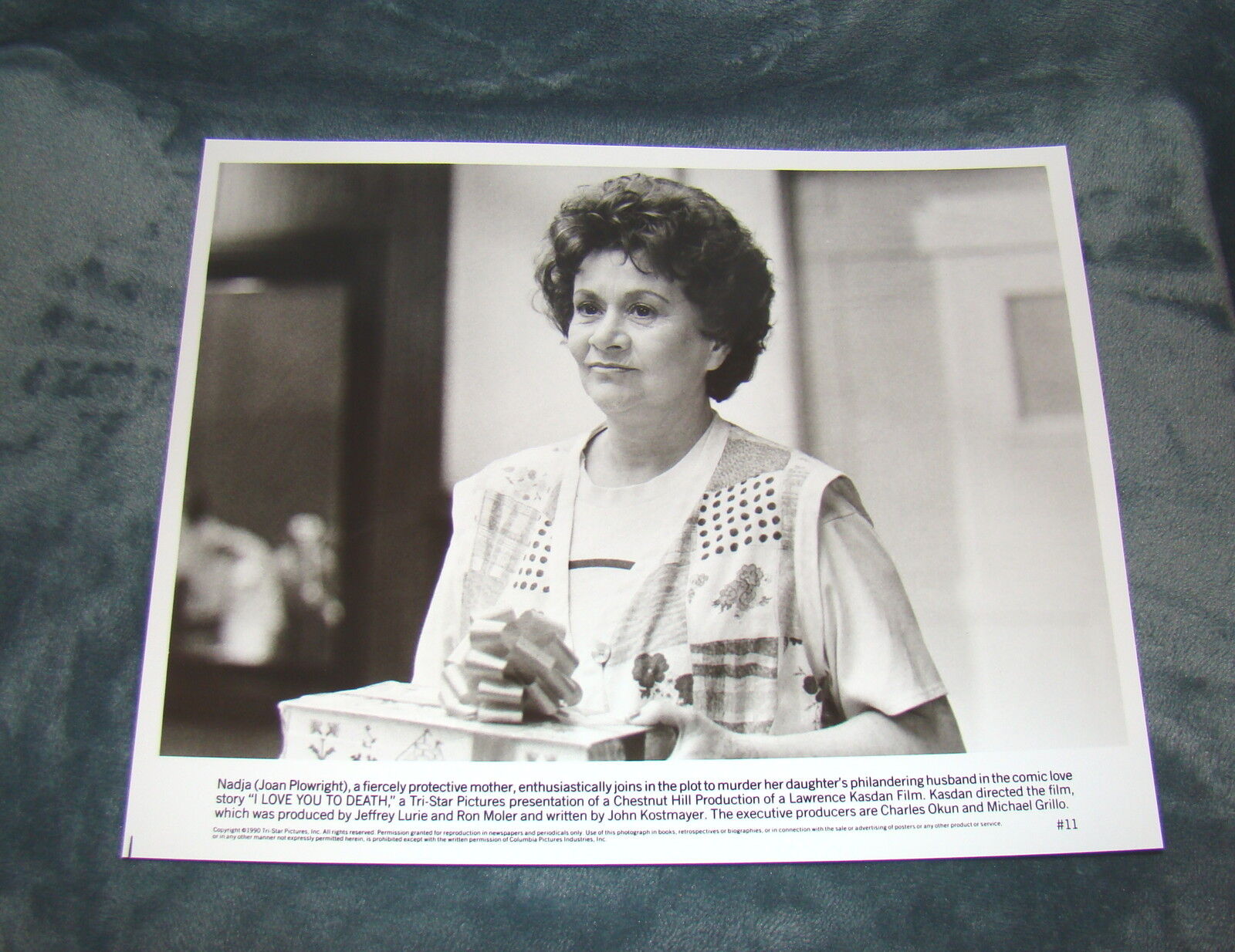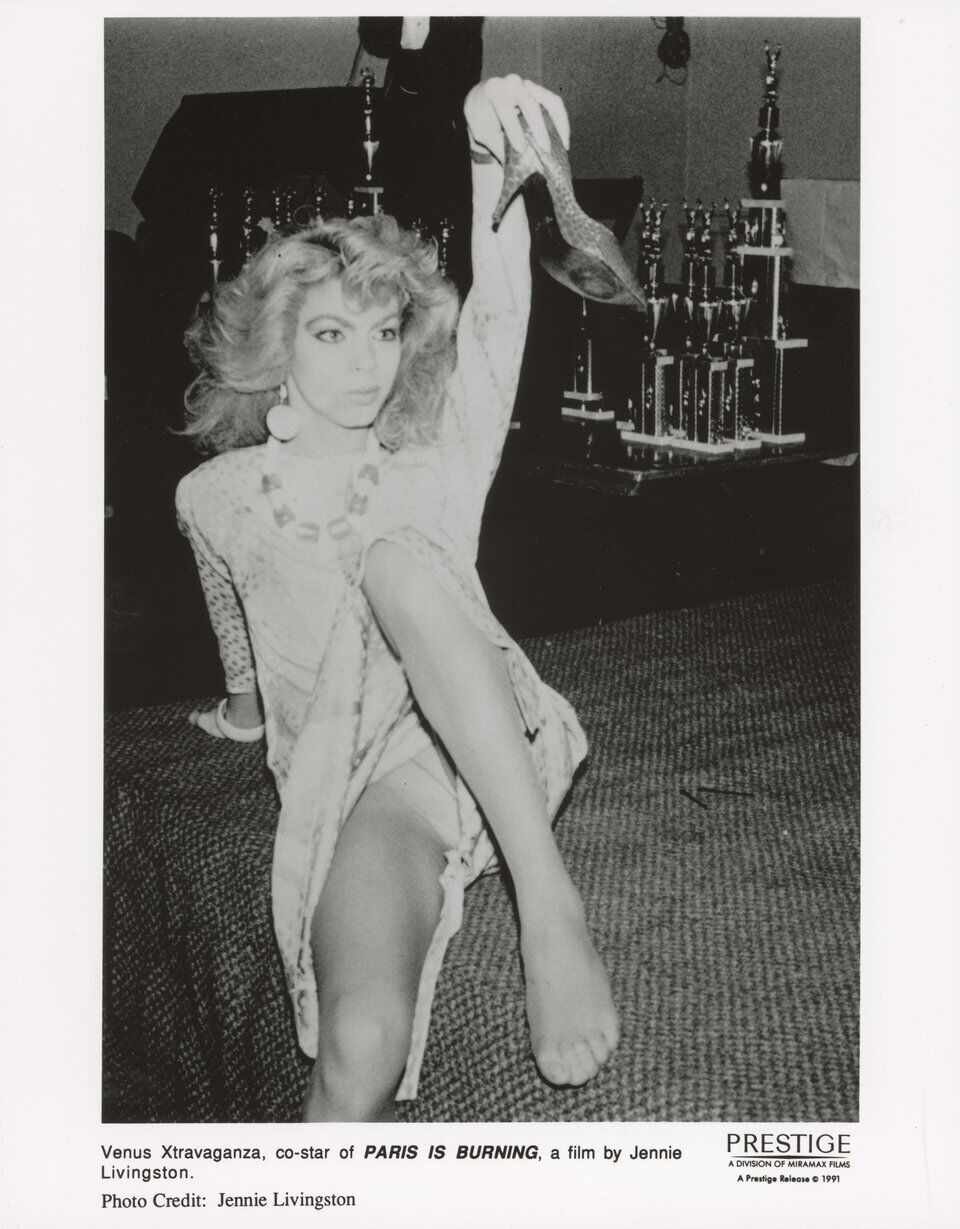-40%
Lot of 4, Daniel Day-Lewis, Emily Watson stills THE BOXER (1997) Barry McGuigan!
$ 4.21
- Description
- Size Guide
Description
(They ALL look MUCH better than these pictures above. The circle with the words, “scanned for eBay, Larry41” does not appear on the actual photograph. I just placed them on this listing to protect this high quality image from being bootlegged.)Lot of 4, Daniel Day-Lewis, Emily Watson stills THE BOXER (1997) Barry McGuigan!
– GET SIGNED!
This lot of approximately 8” x 10” photos will sell as a group. The first picture is just one of the group, please open and look at each still in this lot to measure the high value of all of them together. The circle with the words, “scanned for eBay, Larry41” does not appear on the actual photographs. I just placed them on this listing to protect these high quality images from being bootlegged. They would look great framed on display in your home theater or to add to your portfolio or scrapbook! Some dealers by my lots to break up and sell separately at classic film conventions at much higher prices than my low minimum. A worthy investment for gift giving too!
PLEASE BE PATIENT WHILE ALL PICTURES LOAD
After checking out this item please look at my other unique silent motion picture memorabilia and Hollywood film collectibles! SAVE BY SHIPPING SEVERAL WINS TOGETHER!
See a gallery of pictures of my other auctions
HERE!
These photographs are original photo chemical created pictures (vintage, from original Hollywood studio release) and not a copies or reproductions.
DESCRIPTION:
Jim Sheridan (In the Name of the Father) directed this drama about a Belfast boxer, filmed with Dublin locations substituting for Belfast. Released after his 14-year prison sentence for IRA activities, 32-year-old Danny Flynn (Daniel Day-Lewis) returns to his old neighborhood and sees former-flame Maggie (Emily Watson), who has an unhappy marriage and now raises her son alone while her husband is in prison. To get back in the boxing ring, Danny gets the community-center gym back in operation and starts training, encountering opposition from militant IRA members, including Harry (Gerald McSorley). Danny and Maggie grow closer, but after a bomb sets off events leading to the destruction of the gym, Danny leaves for a disastrous boxing match in London. More grim situations arise when he returns to Belfast.
CONDITION:
These quality vintage and original release stills are in MINT condition (old yes, but no sings of wear). PERFECT TO BE AUTOGRAPHED OR SIGNED AT A PERSONAL APPEARANCE! I doubt there are better condition stills on this title anywhere! Finally, they are not digital or repros. (They came from the studio to the theater during the year of release and went into storage for many years!) They are worth each but since I have recently acquired two huge collections from life long movie buffs who collected for decades… I need to offer these choice items for sale on a first come, first service basis to the highest bidder.
SHIPPING:
Domestic shipping would be FIRST CLASS and well packed in plastic, with several layers of cardboard support/protection and delivery tracking. International shipping depends on the location, and the package would weigh close to a pound with even more extra ridge packing.
Ebay is changing their system. Items you put in your shopping cart WILL REMAIN FOR SALE on Ebay unless you pay for them. To receive an invoice with corrected (grouped together) shipping, simply click on the REQUEST TOTAL button in your shopping cart.
PAYMENTS:
Please pay PayPal! All of my items are unconditionally guaranteed. E-mail me with any questions you may have. This is Larry41, wishing you great movie memories and good luck…
BACKGROUND:
Director Jim Sheridan and his frequent writing collaborator Terry George craft this superb drama that examines the personal impact of Ireland's Troubles on one morally conflicted ex-convict. Most of the director's previous works are centered on characters who are their own worst enemies, blind in some significant way to how they have caused their own suffering. Here, the filmmakers have given stars Daniel Day-Lewis and Emily Watson a pair of worldly wise emotional veterans who are all too keenly aware of the flawed decision-making that led to their downfall. As the story's hero, Danny Flynn, Day-Lewis is one step from defeated, struggling to make a difference by molding the minds and hearts of his neighborhood's children before hateful rhetoric robs them of their futures, and of hope. Ultimately, The Boxer refuses to take the easy way out, becoming a heart-wrenching film about the inevitable failure of redemption in a system of violence. It's a stark, unforgiving, and spare drama, seemingly small on the surface, with things to say that linger, dark and awful, about humanity's tragic acceptance of unthinkable cycles of ruin.
An actor whose on-screen intensity is rivalled only by his off-screen intensity, Daniel Day-Lewis is one of the most acclaimed and least understood performers of his generation. The stories surrounding his complete immersion in his roles are legendary, from his insistence on remaining in a wheelchair between takes for My Left Foot to his refusal to accept manufactured cigarettes in favor of rolling his own, 18th-century style, while filming The Last of the Mohicans. Day-Lewis' highly cerebral approach to his work may emanate in part from his background. Born in London on April 29, 1957, he was the son of Poet Laureate Cecil Day-Lewis and actress Jill Balcon. The influence of the cinema was particularly strong on his mother's side: she was the daughter of Sir Michael Balcon, the one-time head of Ealing Studios. Educated at various public schools, Day-Lewis took an early interest in acting. After dropping out of school at the age of thirteen, he managed to get a small part in John Schlesinger's Sunday, Bloody Sunday (1971). Following his debut, he decided to focus on his theatrical training, which he received at the Bristol Old Vic. He acted with that theatre and with the Royal Shakespeare Company for the rest of the decade, and in 1982 he made his second film appearance, playing a street thug in Gandhi. It was in 1986 that Day-Lewis first stepped into the realm of international acclaim. Two films which featured him in prominent roles, My Beautiful Laundrette and A Room With a View, opened on the same day in New York. A gay street punk in the former and an insufferable Edwardian prig in the latter, Day-Lewis astonished critics and audiences with his chameleon-like versatility. The New York Film Critics Circle took particular note of his talent, naming him the year's Best Supporting Actor for his work in both films. It was only a matter of time before Day-Lewis achieved leading man status, and two years later he did just that in Philip Kaufman's adaptation of Milan Kundera's The Unbearable Lightness of Being. The acclaim the actor received for his portrayal of a philandering Czech surgeon paled in comparison to that surrounding his performance as the cerebral palsy-stricken author and artist Christy Brown in Jim Sheridan's My Left Foot (1989). Day-Lewis won American and British Academy Awards as Best Actor for his work, sealing a reputation as one of the most engaging leading men of his generation. A subsequent return to the stage in Richard Eyre's National Theatre production of Hamlet ended abruptly when Day-Lewis walked off the stage one night, mid-performance, due to "nervous exhaustion." He took a hiatus from film until 1992, when he reappeared, toned up and oiled down, to star in Last of the Mohicans. The film was a success, and it went some way towards giving Day-Lewis a reputation as an unconventional sex symbol. The following year, he returned to the other side of the Atlantic to star in Sheridan's In the Name of the Father, playing an Irish man wrongfully convicted of taking part in an IRA bombing. Best Actor Oscar, BAFTA, and Golden Globe nominations followed suit for his powerful performance. That same year, Day-Lewis' versatility was again on display, as he starred as a turn-of-the-century New York society man in Martin Scorsese's lavish adaptation of Edith Wharton's The Age of Innocence. Day-Lewis' screen appearances subsequently took on a more sporadic quality, and it was not until 1996 that he was again visible to film audiences. That year, he starred in Nicholas Hytner's adaptation of Arthur Miller's The Crucible. His portrayal of the tragically adulterous John Proctor netted strong reviews, as did his work in the following year's The Boxer, his third collaboration with Sheridan. Starring as a former boxer trying to make a new life for himself after being imprisoned for fourteen years for his work with the IRA, Day-Lewis turned in another powerful performance. Although the film received mixed reviews, the actor earned a Golden Globe nomination for his work. Subsequently forsaking film work for the simple life of a cobbler in Italy, Day-Lewis was reportedly drawn out of his self imposed exile through the efforts of producer Harvey Weinstein, actor Leonardo DiCaprio and former collaborator Scorsese. Lured to New York and back into the hustle and bustle of the film industry, it seemed that Scorsese had finally found an actor capable of the focused yet unhinged intensity that Gangs of New York's Bill the Butcher demanded. Once again submerging himself so much in the character that the lines of reality and fantasy would become blurred (rumors persisted that he would speak with his film accent even while off-screen in addition to taking lessons by a genuine butcher), Day-Lewis' decidedly methodic approach to creating convincing screen characters would ultimately pay off as many cited his Oscar nominated performance as one of the most convincing of the talented actor's career. Day-Lewis typically disappeared from sight yet again after Gangs, waiting two years before appearing again in a movie, this time being directed by his wife in the drama The Ballad of Jack & Rose, but he would again be showered with praise for his portrayal of Daniel Plainview, the ambitious, misanthropic center of Paul Thomas Anderson's There WIll Be Blood. Day-Lewis appeaed in all but one scene of the two hour and forty minute movie, and his dominating performance garnered him nearly every industry and ciritics award at the end of 2007 including an Oscar nomination for Best Actor. In 2009 he took the lead role in the cinematic adaptation of the smash stage musical Nine. But he was thrust back into the awards race yet again three years later for his lauded performance as the title character in Steven Spielberg's long-gestating biopic Lincoln. For his work in that movie, Day-Lewis captured the SAG award, and became the first man in the history of the Academy Awards to take home a third Best Actor statuette.
With soulful, saucer-like eyes and a coy smile that hints at playfulness, Oscar-nominated actress Emily Watson burst onto the scene with her shattering performance in Lars von Trier's Breaking the Waves, a role that almost went to period-piece queen Helena Bonham Carter. Born the daughter of an architect and an English professor in Islington, a borough of London, England, in January 1967, a sheltered upbringing initially led Watson to seek studies in English Literature. After studying in Bristol for three years, Watson made her first bid for drama school only to face disheartening rejection. After three years of working as a waitress and a secretary, she was eventually accepted into the London Drama Studio. It was during this early phase in her career that Watson would meet future husband Jack Waters. Launching her career upon joining the Royal Shakespeare Company in 1992, Watson soon set her sights on film. Fate intervened when actress Helena Bonham Carter pulled out of director Lars von Trier's Breaking the Waves at the last minute due to the film's explicit sexuality. Despite her lack of big-screen experience, Watson landed the female lead in the film after only one brief screen test. Playing a spiritually driven woman whose oil-rig worker husband (Stellan Saarsgaard) becomes paralized, she exhibited a brash, religiously transcendent sexuality, stunning art-house audiences and recieving an Oscar nomination in the process. Though the subsequent marriage dramedy Metroland proved to be a nostalgia trip by comparison, Watson's honest performance again earned accolades. Watson's reputation continued to grow with her intimate, conflicted portrayal of the Multiple Sclerosis-stricken concert cellist Jacqueline Du Pre in Hilary and Jackie (1998), for which she was again Oscar-nominated, as well as when she played the love interest of an eccentric chess champion in The Luzhin Defence (2000). After joining the talented ensemble of Robert Altman's acclaimed comedy-mystery Gosford Park, Watson made serious inroads into Hollywood, first in 2002 as the love interest of a temperamental (to say the least) small-business owner played by Adam Sandler in Paul Thomas Anderson's Punch-Drunk Love. That same fall also saw her playing the love interest of a murderous psychopath in Brett Ratner's Hannibal prequel Red Dragon, and re-teaming with Metroland co-star Christian Bale in the little-seen sci-fi action vehicle Equilibrium. After doing voice work for Tim Burton's animated gothic Corpse Bride -- alongside the very woman she replaced in Breaking the Waves, Helena Bonham-Carter -- she returned to the British art-house scene with strong performances in such films as Separate Lives and director Richard E. Grant's autobiographical Wah-Wah. She appeared in the biopic Miss Potter, and the family fantasy film The Water Horse. In 2008 she was part of Charlie Kaufman's directorial debut Synecdoche, New York. Three years later she played the mother of a boy devoted to his beloved equine mate in Steven Spielberg's adaptation of War Horse, and in 2012 she appeared in Joe Wright's adaptation of Anna Karenina. The following year, she appeared in the film adaptation of the popular book The Book Thief. In 2014, she played Jane Hawking's mother in The Theory of Everything.
Finbar Patrick McGuigan MBE (born 28 February 1961), known as Barry McGuigan and nicknamed The Clones Cyclone, is a retired professional boxer from Clones, County Monaghan, Ireland who became a World Boxing Association featherweight champion. Barry was a fan favourite for British and Irish audiences, as he represented neutrality and peace in a time when Northern Ireland (which he resided in) was divided as part of The Troubles. He founded, and is the current President of, the Professional Boxing Association (PBA). Barry McGuigan was born in Clones, County Monaghan, Ireland. His father was singer Pat McGuigan (died 1987). He represented Northern Ireland in the Commonwealth Games at Edmonton 1978 and represented Ireland at the 1980 Summer Olympics in Moscow. Pat McGuigan sang "Danny Boy" before several of his son's matches. This fact inspired the Hacienda Brothers' song "If Daddy Don't Sing Danny Boy", written by boxer and musician Chris Gaffney.[2] During his career, McGuigan fought at a number of venues in Ireland and Britain. He attracted an enormous following in the mid-1980s, particularly to the King's Hall in Belfast which he normally filled to capacity. McGuigan is a Roman Catholic, and at a time when Roman Catholics and Protestants were clashing during The Troubles, he married a Protestant, Sandra and they remain married after some three decades.[3] McGuigan stated that the support he received from both Protestants and Catholics in Ireland that it was because: "[the] shadows ran deep. And my fights felt a little like sunshine. Both sides would say: 'Leave the fighting to McGuigan.' You see, it was also entertainment – people loved to forget the Troubles a while. The fact that I wouldn't wear green, white and gold or put on a sign that said this is who I represent was powerful. It was a very mature and dangerous thing to do. I wouldn't choose sides. People appreciated that."[4] As a non-sectarian sporting ambassador for Northern Ireland, he drew on the experience of George Best and would later be emulated by Eddie Irvine. He and his wife are both active patrons for children's cancer charity CLIC Sargent.[citation needed] McGuigan took out British citizenship so that he could compete for British domestic titles.[5][6] Amateur career[edit] McGuigan started his juvenile boxing career at the Wattlebridge Amateur Boxing Club, County Fermanagh and later moved to the Smithborough Amateur Boxing Club, County Monaghan. Under the guidance of trainers Danny McEntee and Frank Mulligan he rapidly established himself as an exceptional boxer. He won the All Ireland Amateur Championship in 1976 having defeated Martin Brereton. Notable opponents during his teenage years included Dubliner James Coughlan, whom he defeated at the age of 15 as well as Gordon McNeil (of Heaton, Newcastle upon Tyne) and Eric Clarke (of Hackney, London).[citation needed] Professional career[edit] He started his professional boxing career on 10 May 1981, beating Selwyn Bell by knockout in two rounds in Dublin. After another win, he suffered his first setback, losing a hotly disputed decision to Peter Eubanks (brother of Chris Eubank) over eight rounds at Wembley. After his first loss, McGuigan notched up two more wins, including one over Terry Pizzarro, and then he was given a rematch with Eubanks. The second time around, McGuigan prevailed, by a knockout in the eighth round.[citation needed] In 1982, McGuigan won eight fights, seven by knockout. One of these, however, almost destroyed his career and his life. Opposed by Young Ali, on 14 June 1982, McGuigan won by a knockout in six rounds; Ali fell into a coma from which he never recovered. According to the book The Ring: Boxing The 20th Century, this affected McGuigan so much he was not sure he wanted to carry on as a boxer. He also defeated Paul Huggins and Angelo Licata during this period. In 1983, he won four fights, winning the British Title against Vernon Penprase, and including his first trip to fight outside Europe (when he beat Samuel Meck by a knockout in six in Ontario, Canada), before getting his first try at a European title.[citation needed] On 16 November, Italy's Valerio Nati defended his European Featherweight belt versus McGuigan in Belfast, and McGuigan won the crown with a knockout in the sixth round. He then became the number one Featherweight challenger in the World Boxing Association. In 1984, he won six bouts, all by knockout. Among the fighters he beat were former world title challengers Jose Caba and Felipe Orozco. He also beat contenders Paul DeVorce and Charm Chiteule and retained his British and European titles against Clyde Ruan and the latter belt against Esteban Eguia to keep his chance at a World Championship attempt alive.[citation needed] In 1985, McGuigan met former world featherweight champion Juan Laporte and won by a decision after ten rounds. Following one more win (a defence of his European Title against Farid Gallouze), he finally got his world title try when the long reigning WBA featherweight champion, Eusebio Pedroza of Panama, came to London to put his title on the line at Loftus Road football stadium. McGuigan became the champion by dropping Pedroza in round seven and winning a unanimous fifteen-round decision in a fight refereed by hall of fame referee Stanley Christodoulou. McGuigan and his wife were feted in a public reception through the streets of Belfast that attracted several hundred thousand spectators. Later that year, he was named BBC Sports Personality of the Year, becoming the first person not born in the United Kingdom to win the award.[7] McGuigan made his first defence against American Bernard Taylor, who was stopped in the ninth round, and then against Danilo Cabrera, who got knocked out in fourteen rounds. This proved to be a controversial stoppage: the fight was stopped after the challenger bent over to pick up his mouthpiece after losing it, a practice that is allowed in many countries but not in Ireland. Cabrera was not aware of this, and the fight was stopped. Although Cabrera's corner protested the outcome, McGuigan remained the winner by a knockout. For his next defence, he went to Las Vegas in June 1986, where he faced the relatively unknown Stevie Cruz from Texas in what proved a gruelling fifteen-round title bout under a blazing sun. McGuigan held a lead halfway through, but suffered dehydration because of the extreme heat and wilted near the end, being dropped in rounds ten and fifteen. He eventually lost a close decision and his world belt, which he was never to reclaim. After the fight, McGuigan required hospitalisation because of his dehydrated state.[citation needed] After that fight he retired, partly due to the death of his father in 1987. He used to say his father was his greatest inspiration and, after his death, apparently felt no reason to continue boxing. However, he returned to the ring between 1988 and 1989, beating former world title challengers Nicky Perez and Francisco Tomas da Cruz, as well as contender Julio Cesar Miranda, before losing to former EBU featherweight champ and future WBC and WBA super featherweight challenger Jim McDonnell by a technical knockout when a McDonnell left hook opened gash over McGuigan's right eye in 2nd round that caused the referee to stop the fight in the 4th. He retired permanently from boxing. His record was 32 wins and 3 losses, with 28 wins by knockout. In January 2005, McGuigan was elected into the International Boxing Hall of Fame.
